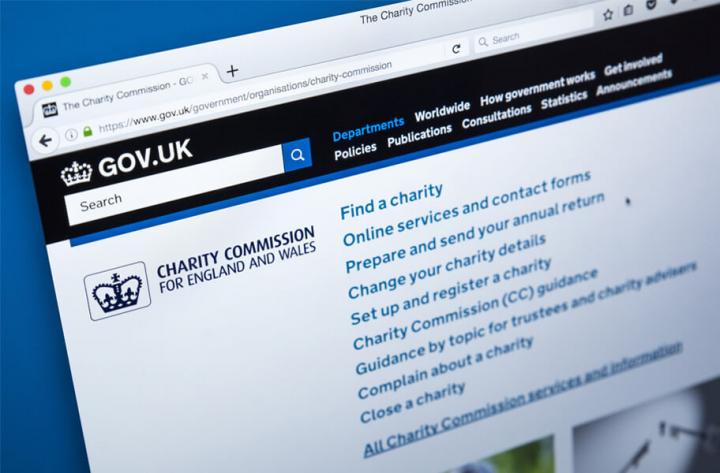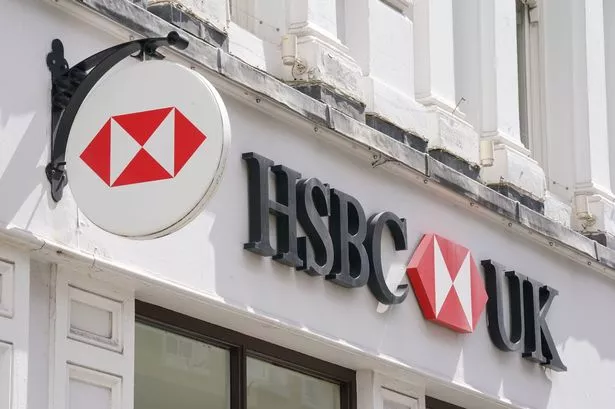A shocking incident has highlighted the rise of charity scams, where fraudsters exploit public generosity for personal gain. A recent case in Tonbridge has sparked renewed calls for fraud prevention and greater fraud awareness, particularly around fake fundraising schemes.
Charity scams not only cause financial losses but also take an emotional toll on victims. Many individuals, like Joleene, feel betrayed and embarrassed after falling for such schemes.
The Scam Uncovered
Massage therapist Joleene Gonzalez, 47, became the latest victim of a charity scam when she was approached at the Market House in Tonbridge on November 28. A young woman who appeared to be deaf presented Joleene with a piece of paper urging her to donate to Disability Rights UK. Initially convinced, Joleene tapped her card on the card machine to donate £10. However, her trust was betrayed when she received a notification from her bank revealing that the money had been sent to a personal account.
Reflecting on the encounter, Joleene said, “I was busy working and didn’t hesitate at first. The girl pointed to the paper and indicated she couldn’t speak, which made me believe I was helping a deaf person. But when I saw the payment go to a private account, alarm bells started ringing.” When Joleene questioned the girl, the response raised further suspicion. The fraudster pointed at the paper again and wrote down, “This is my boss.” Joleene later noticed the paper lacked a charity number and resembled a photocopy. Realising she had been scammed, she confronted the woman, who quickly moved away.
The Charity’s Response
Disability Rights UK has since confirmed that it does not conduct street fundraising. A spokesperson stated, “This scam has been ongoing for months, with reports of the same individuals targeting areas from London to Margate and now Tonbridge. We want to make it clear that anyone claiming to collect for Disability Rights UK in this manner is acting fraudulently.”
The charity strongly advises anyone approached by such fraudsters to report the incident to the police. It also encourages supporters to donate securely through its official website’s ‘Donate’ button. Joleene expressed mixed emotions about her experience. “I felt silly for being caught off guard, but I was also concerned about the girl involved. It’s upsetting to think about the lengths people will go to deceive others,” she said.
Fighting Back
This incident serves as a stark reminder of the importance of fraud prevention and heightened fraud awareness. To avoid falling victim to similar scams, individuals should:
- Be cautious when approached by fundraisers in public places.
- Verify the legitimacy of charities by checking their registration number.
- Avoid making payments to personal accounts or through unverified methods.
- Report suspicious activity to the police or Action Fraud.
By staying vigilant and informed, the public can help curb the growing threat of charity scams.
The Bigger Picture
Fraudsters exploiting charitable causes are not only stealing money but also eroding trust in genuine organisations. Disability Rights UK’s spokesperson emphasised, “It’s crucial to hold these criminals accountable. Fraud has serious consequences, and those engaging in such activities risk facing legal action.”
For now, the Market House incident highlights the need for continued efforts to educate the public about fraud. By fostering greater fraud awareness, communities can protect themselves and ensure that their goodwill supports genuine causes rather than criminal enterprises. The fight against fraud is a collective effort that demands vigilance, accountability, and a commitment to protecting the integrity of charitable giving.



